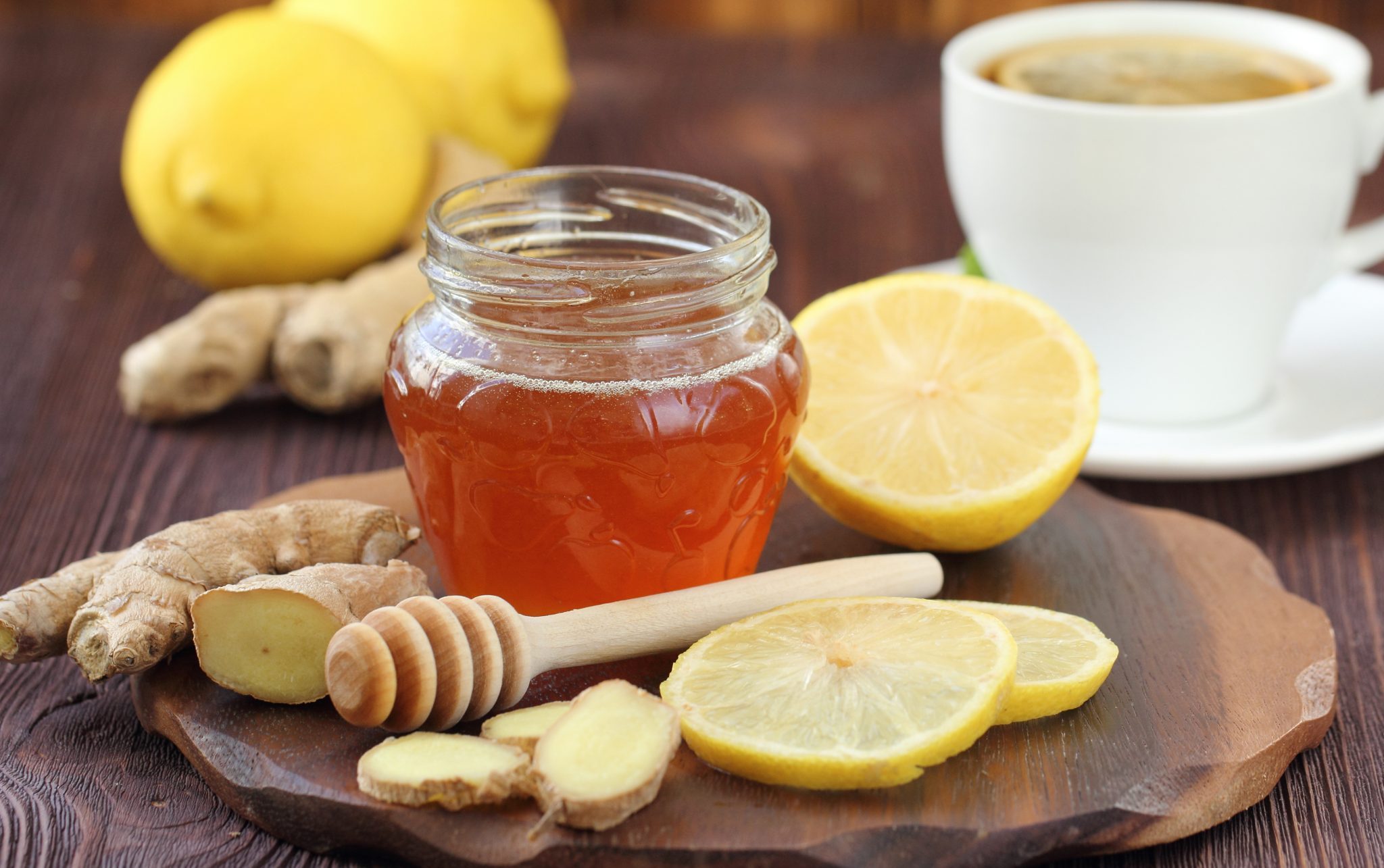Lack of sleep increases the risk of several diseases, whereas a full-night rest improves cognitive skills and overall well-being. Insomnia and migraines are very closely connected conditions and often trigger one another.
The impact of insufficient night rest is cumulative. Recovering from chronic insomnia is like detoxing your body takes time. One of the most common factors for intermittent insomnia and headaches – stress. Studies have shown that a lack of REM sleep elevates levels of proteins responsible for stimulating the nervous system that generates pain.
Sure, water helps to increase blood volume which delivers oxygen to the brain. But, an extra cup or two won’t make up for lost hours of rest.
Napping
Napping is an amazing tool to restore wakefulness, revitalize and promote performance. Neurologists claim that naps aren’t the best coping mechanism for migraines. The unwanted effect is the decrease in the homeostatic drive for sleep. So, it becomes harder to initiate and maintain your REM. The adverse result – insomnia.
Prevention of insomnia and headaches
Natural remedies – opt to the gifts of the earth to enrich your body with vital elements and prevent migraines.

- Ginger – the most popular herbal remedy for headaches. It can also quell nausea caused by migraines. Mix 500 to 600 mg of powdered ginger with plain water. You can also steep 1 tsp. of fresh ginger in hot water for 10-15 minutes, add some honey and a slice of lemon. Drink this antihistamine and anti-inflammatory infused remedy as soon as you feel pain.
- Peppermint oil – massage it onto your temples, the back of your jaws, and forehead. Peppermint oil has a soothing effect when you are suffering from headaches.
- Cayenne pepper – contains capsaicin (a substance that suppresses one of the neurotransmitters responsible for sending pain signals to the brain). Cayenne also improves blood circulation which often eases migraines.
- Valerian – a potent remedy for insomnia was used in ancient Rome and Greece from the time of Hippocrates. Most commonly, valerian root is taken as a tea, but also comes in capsule form or as a liquid extract. This natural herbal supplement stimulates the GABA receptor, a neurological getaway for sleep-inducing chemicals.
Over 70 million Americans suffer from constant wakefulness. Not sleeping can cause not only headaches, but it can also:
- worsen memory
- damage emotional processing
- magnify aggression
- raise blood pressure
- spawn inflammation
- impair metabolic-regulating hormones
- increase the risk of cardiovascular diseases
Develop good sleep habits

- Take a bath or warm shower in the evening. Your nervous system will get the message that it’s time to slow down, encouraging you to feel sleepy.
- Avoid large meals before bedtime.
- Shut down devices – the light from the screen is like an electronic shot of caffeine that keeps your brain wired. I know, it’s easy to say – but, try to turn off your gadgets at least an hour before bedtime.
- Make your bed comfortable – a lumpy mattress could keep you turning and tossing and might cause back pain.
- Temperature – some people sleep better in a cool environment. Experiment with your thermostat – find what works best for you.
Both chronic and intermittent insomnia and headaches affect cognitive performance, decision making, and moral judgment. Sleep isn’t a lazy habit but a vital process. Try to regulate your wakeful life. Get ahead of the game and rest your way to the life free of pain.






























 FITNESS MOTIVATION
FITNESS MOTIVATION




